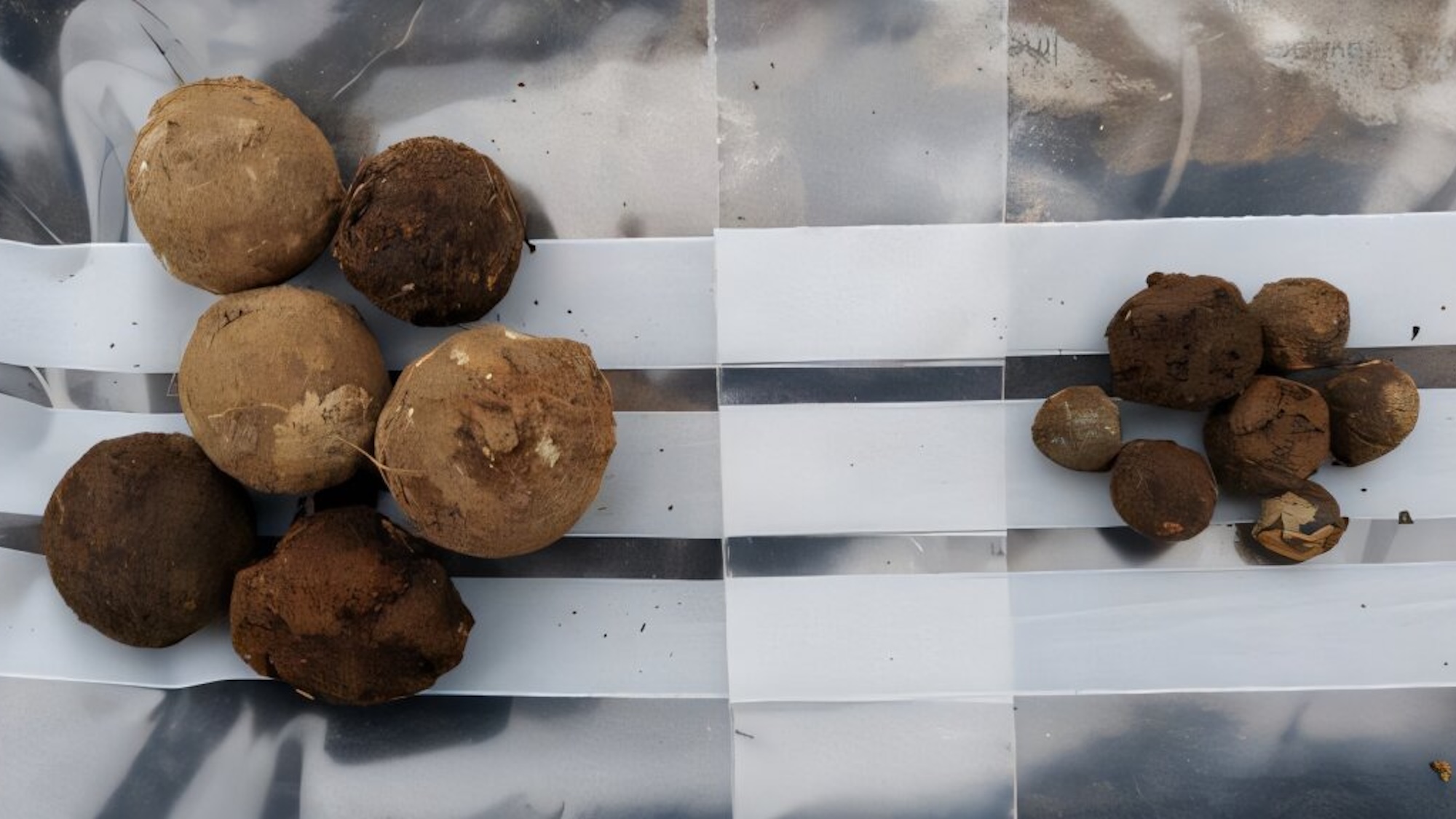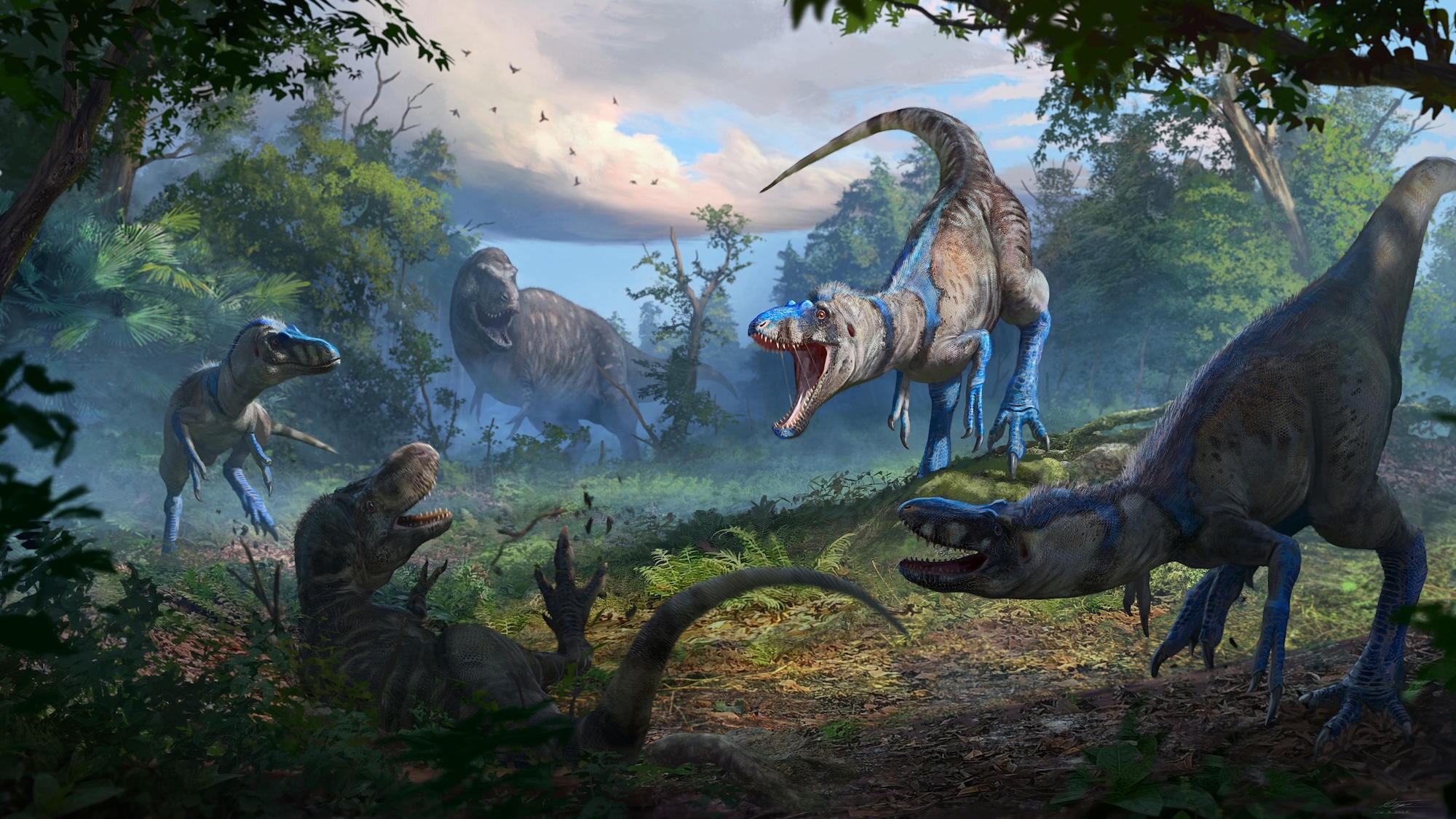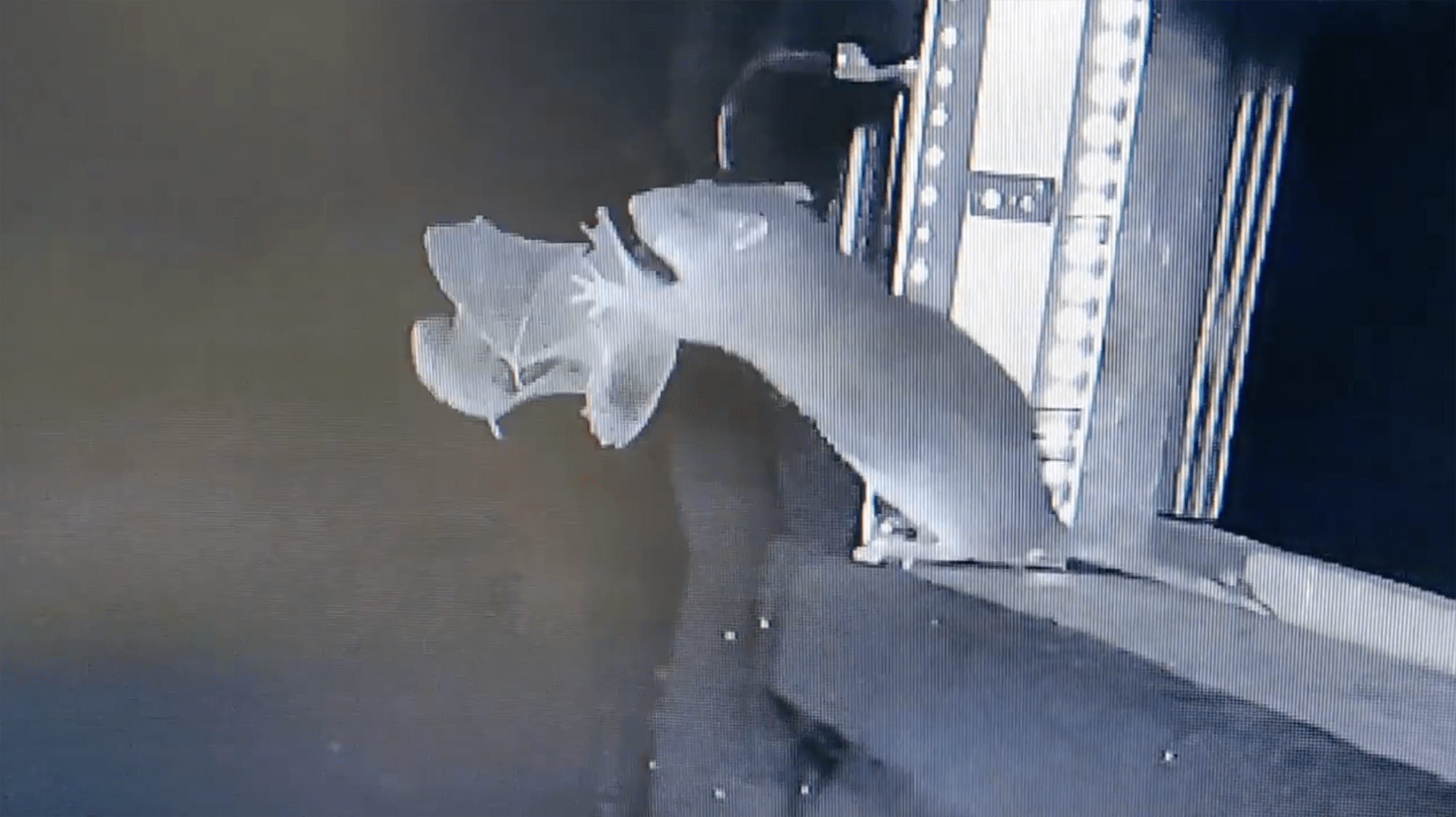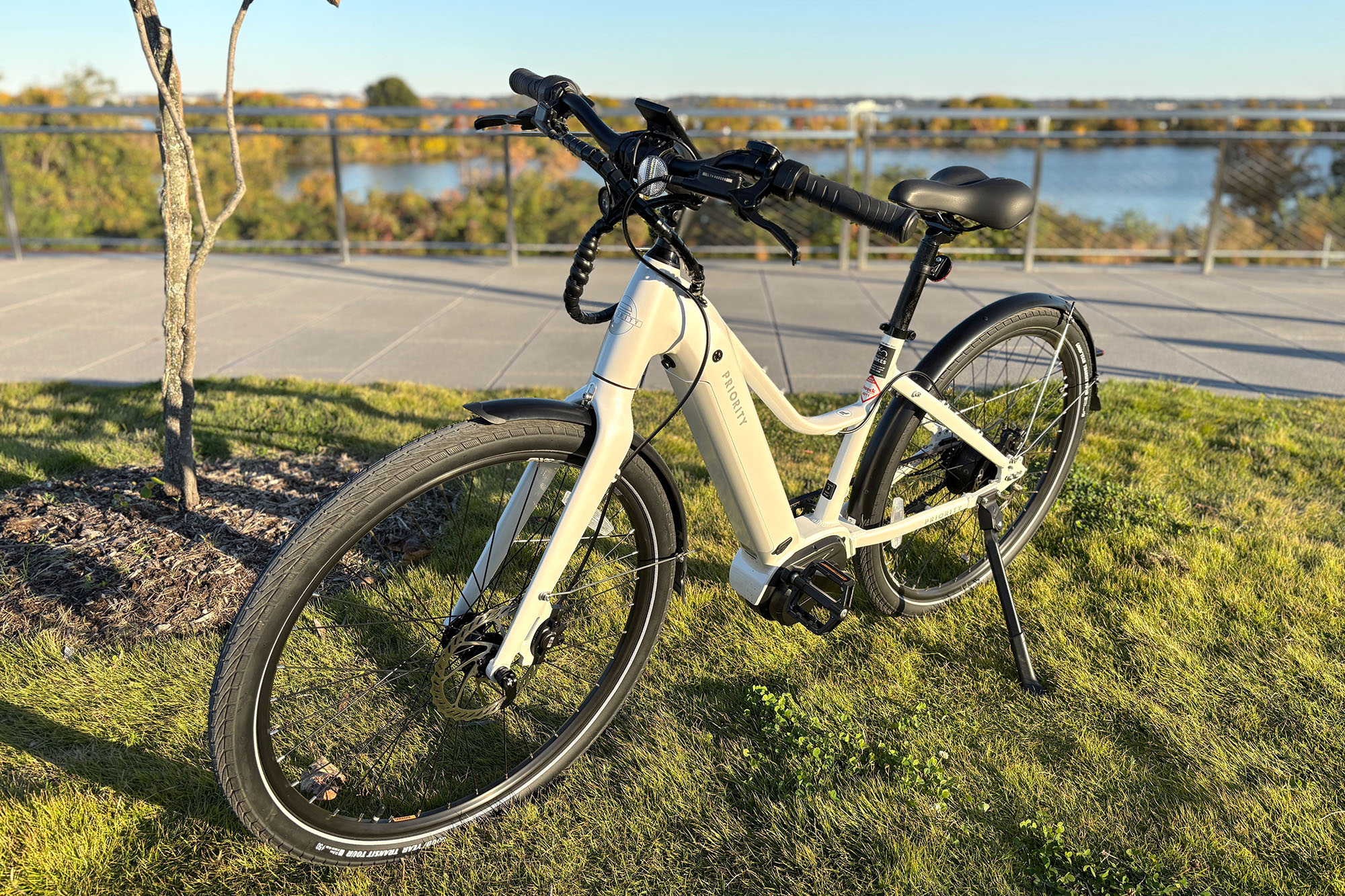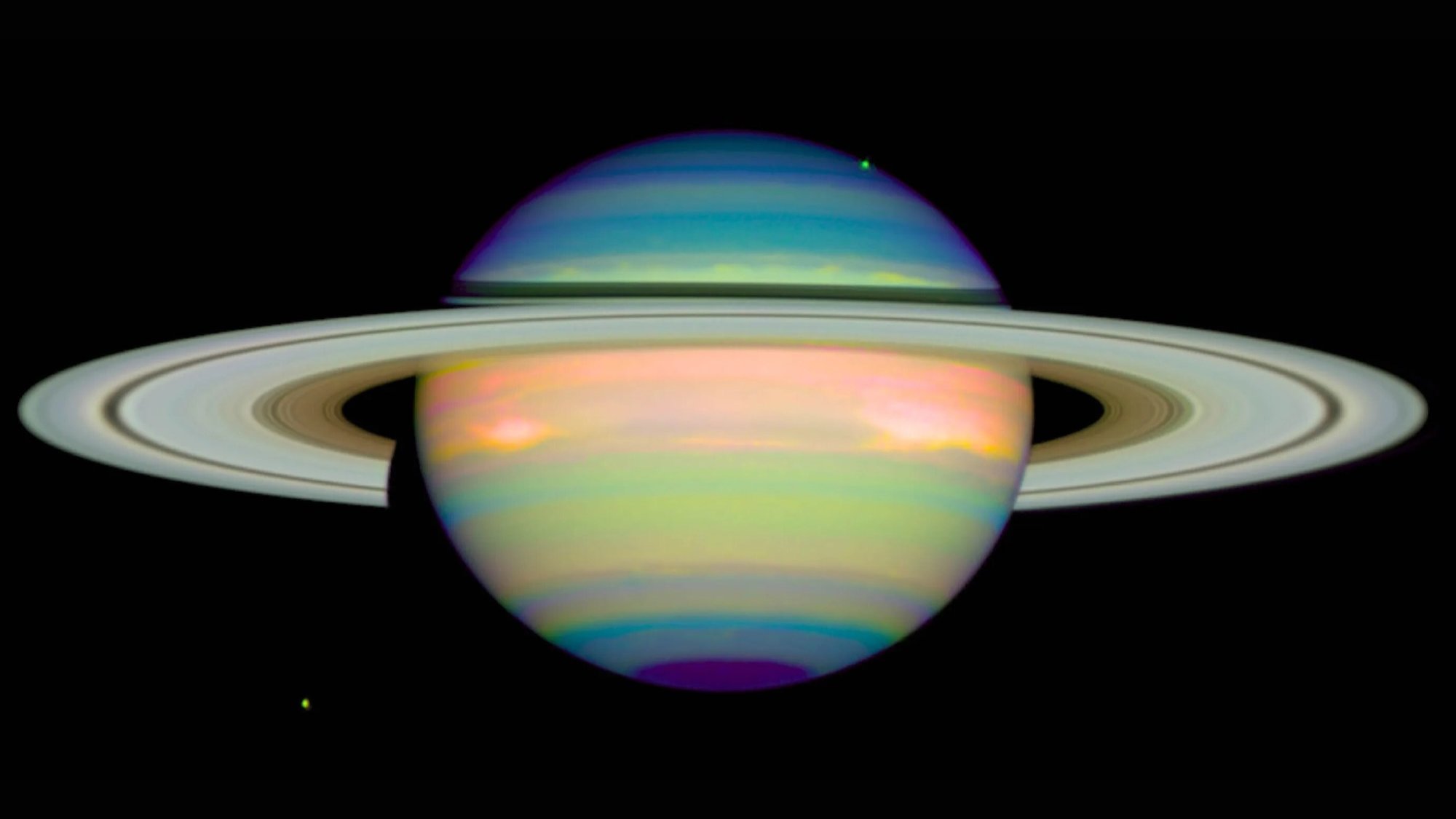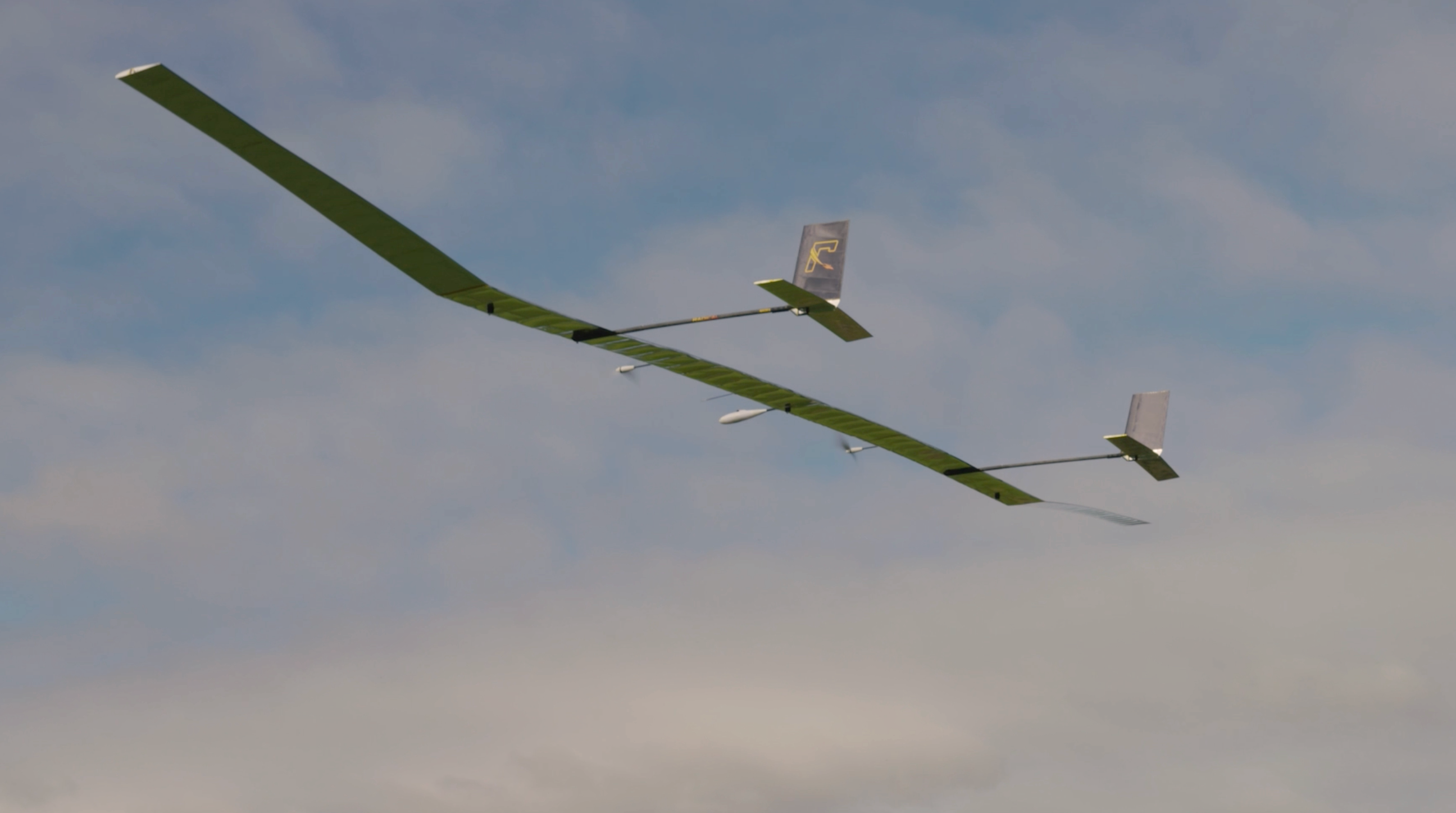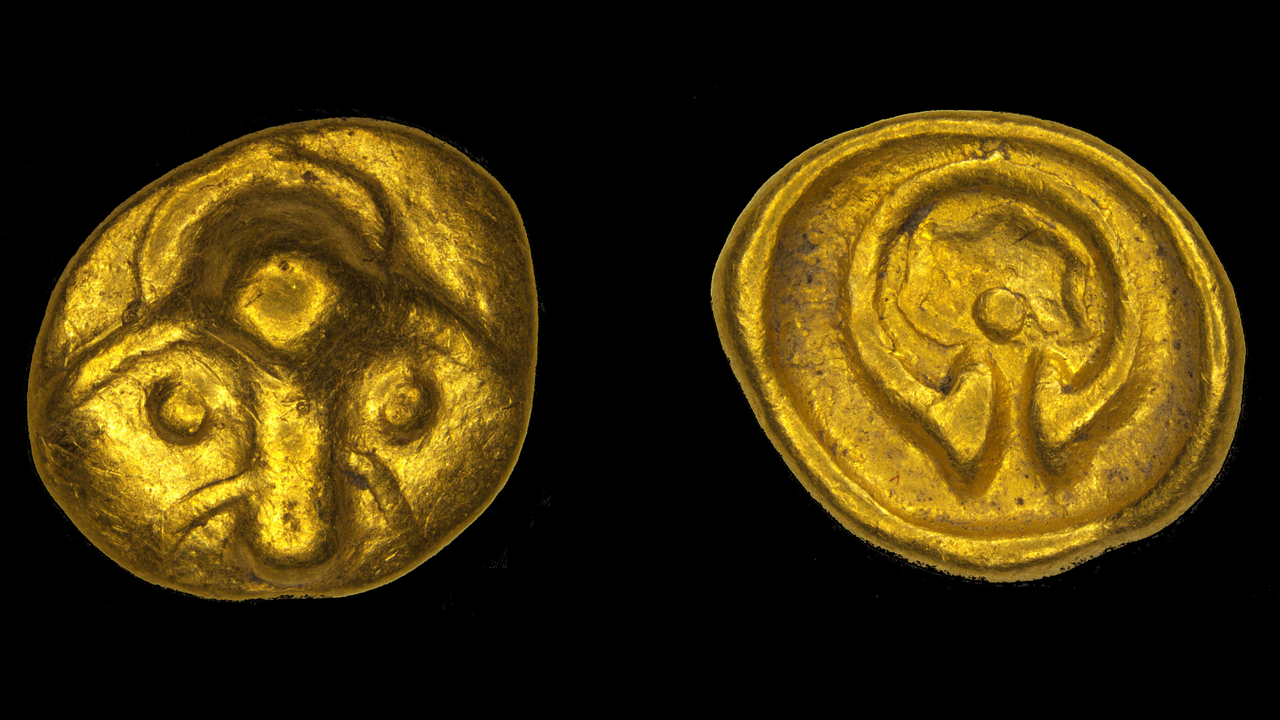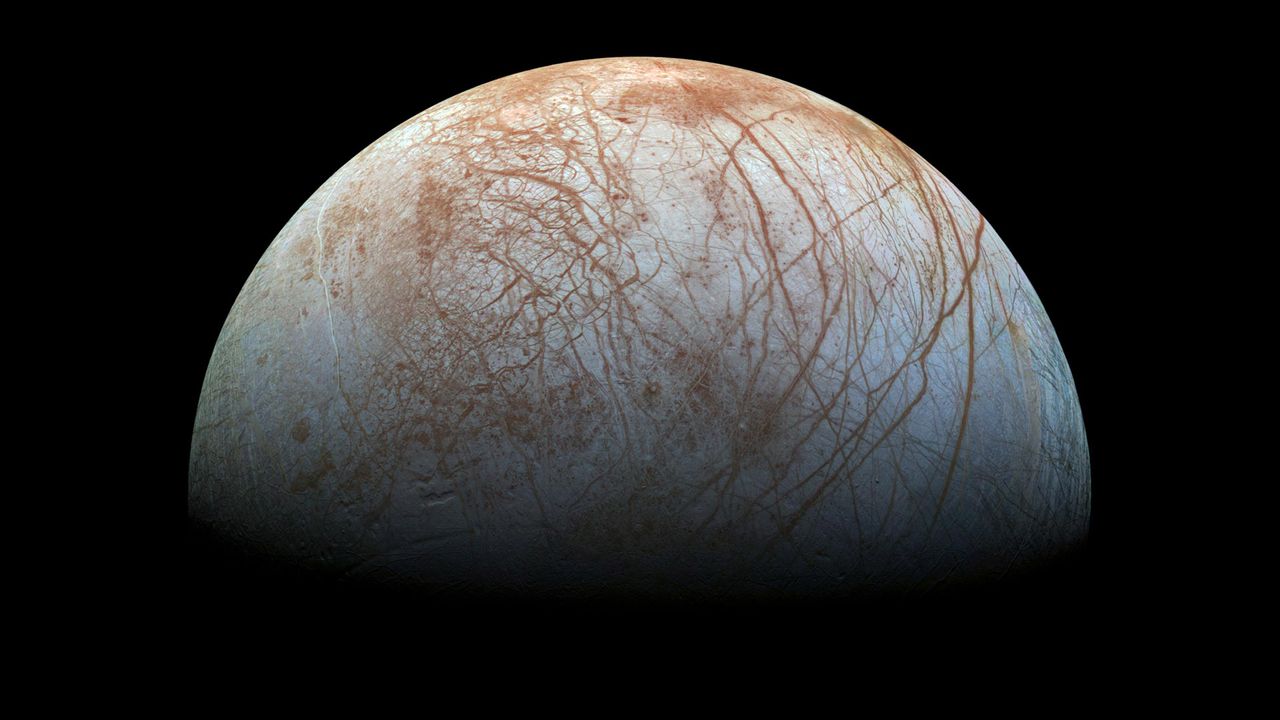Listen up: The Popular Science ‘Ask Us Anything’ podcast is back
PositiveScience

The Popular Science 'Ask Us Anything' podcast is making a comeback, ready to tackle your most curious questions just like it has since 1872. This revival is exciting for fans of science and curiosity, as it promises to deliver engaging discussions and insights into a variety of topics. It's a great opportunity for listeners to dive deeper into the world of science and satisfy their thirst for knowledge.
— Curated by the World Pulse Now AI Editorial System
